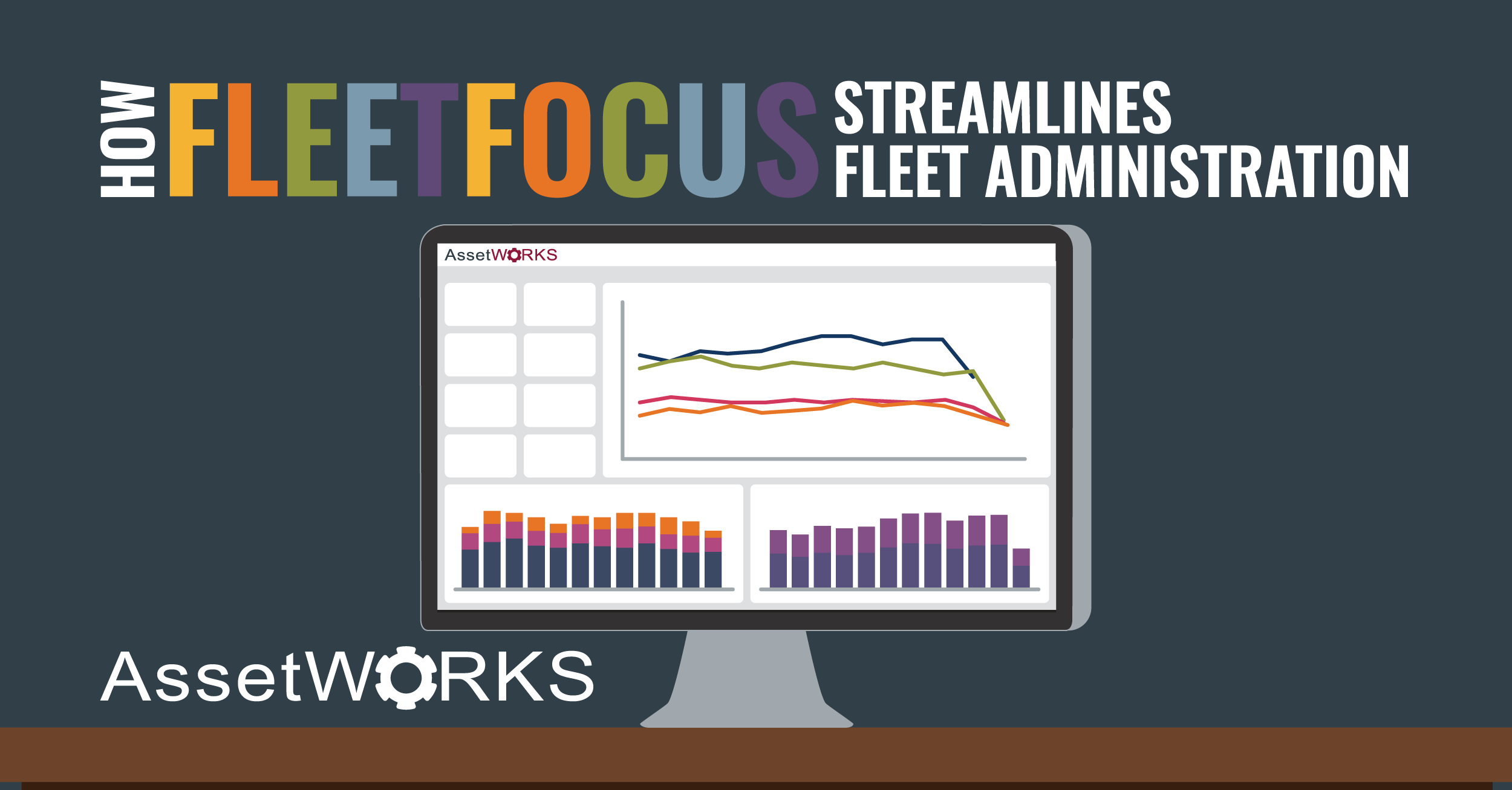It’s no secret that a fleet management system is instrumental to improving a fleet’s operations and performance through increased equipment and asset availability, decreased maintenance and repair costs and increased vehicle utilization.
While the benefits of a fleet management solution are well-known, many industry professionals aren’t aware of the major differences between traditional client/server systems and browser-based systems.
Think back to the first time you ever played a video game. Now, think about the video games of today. Big difference, right? That’s because the world of video games has evolved throughout the years, from a pixelated frog crossing the road to high resolution, multiplayer combat scenes.
Fleet management solutions have evolved in a similar fashion- from mainframe to client server and now to web- or browser-based delivery.
Just as the video game technology of today improves the way games are played, web- or browser-based delivery provides many benefits over more traditional systems, including:

1. Lower Cost of Ownership
Unlike traditional Windows client/server systems, browser-based applications require no special software on each workstation. The user accesses the system using the same browser program used for Internet access, such as Microsoft Internet Explorer. This approach provides all the advantages of scalable mainframe applications with the benefits of easy-to-use Windows functionality.
2. Easier Upgrades
Because the application is maintained on a single server within an organization, upgrades need only be applied in one location. This can make it easier to keep all machines on the most current system and reduce the time and cost required to upgrade each end-user machine. Client-Server users are usually several releases behind and, in many cases, using unsupported releases. Without the deployment of new releases and/or patches users can run into database errors and possible inoperative functions. With browser-based systems, hotfixes can be applied immediately reducing downtime and data errors.
3. Improved Accessibility
A browser-based solution can also improve accessibility, allowing management to grant users access to differing functionality. This increases the usage and benefit of the system, flattens the organization, and allows more users to use the data to make decisions.
4. Platform Independence
Browser-based systems are platform independent opening up functionality for desktop PCs, laptops, terminal workstations, kiosks, and most recently smartphones and tablets. Also with an internet connection or broadband wireless, users can access the application outside the office, on road calls, or remotely from the shop or yard.
5. Improved Integration
Many fleet systems rely on several software applications for complete management, including human resources, financial, or GPS systems. Integrating fleet management information among these systems is a top priority. With minimal customization to enable integration, the browser-based solution allows the sharing of data with other applications. In most cases, integrations can now be performed online in real-time and still conform to all the business rules of the respective applications.
6. Tighter Security
Because browser-based applications can be deployed using corporate Intranet services within the confines of the corporate firewall, the system is secure from unauthorized users. The browser-based application will provide the same high levels of login security access as other corporate applications. Many applications also provide field-level security and group security administration.
While playing a vintage video game every once in a while is fun, running a fleet on an outdated solution is a detriment to overall operations. With so many features and benefits, a browser-based maintenance management system makes sense for forward-thinking fleets.












